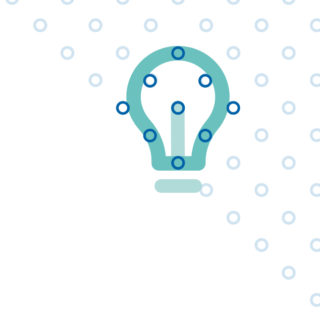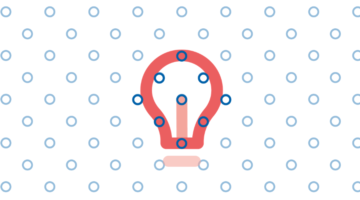

Growing up with dyslexia
As a young person, living with dyslexia can feel overwhelming. Engineer Mamta talks about her experience growing up.
Early diagnosis of any learning difference, including dyslexia, is important. It allows a child or a young person to better understand why they learn and perceive information differently from some of their peers.
Growing up with dyslexia
I went to school in the 80s and 90s when dyslexia was viewed as a disability. I was part of Special Needs classes with all the other children that didn’t fit the mould. On reflection it all felt very odd but as a child I accepted it. Those in the ‘special class’ had behavioural problems or ‘issues’ at home – we were labelled misfits.
I realised that the education system was failing us. Very often the so-called weakest students were actually the brightest. It's just that we didn’t fit the dated education system - literacy shouldn’t be a benchmark for intelligence.
Academic differences
I sailed through art, maths, physics and design and technology. But I struggled with English, French and history. This pattern is a sign that someone is neurodiverse and has a spiky IQ profile. Nevertheless, I soon grew to enjoy English and other language-based subjects when I had the right environment and mentors. With time I improved my reading by engaging in creative writing activities around design and engineering work.
It’s also recently that I’ve realised how those outdated teaching methods affected my learning and my confidence. My mind has always gravitated toward creative, problem solving and team-based activities.
Path to engineering
I realised that my natural ability lay in complex maths and art – it was a language I understood deeply. In 1994 I saw the film Big where Tom Hanks became a toy engineer and I realised that was what I wanted to do.
My father is a physicist, so he spotted my interest in science and maths. Engineering just felt logical and natural to me. I soon realised that being dyslexic wasn’t holding me back at all. If anything, it was propelling me towards a technical, creative and strategic career.
Do you think you or your child may have a learning difference? If we can do something to make things easier, click below to get in touch with us. We're here to support you.

You may be interested in...

Dyslexia - the positives
It may be worrying and overwhelming to think about living with a learning difference like dyslexia. And while it presents its challenges in day-to-day life, it also has many positive aspects.

What is dyslexia?
Dyslexia is often misunderstood because the signs can vary widely from person to person. So we want to empower our community to be able to tell the difference between popular misconceptions and the truth.

What is dyslexiability?
Living with a learning difference like dyslexia can have its challenges but it also allows people to think outside the box and see solutions where nobody else can. Engineer Mamta Singhal calls these personal strengths her dyslexiability.